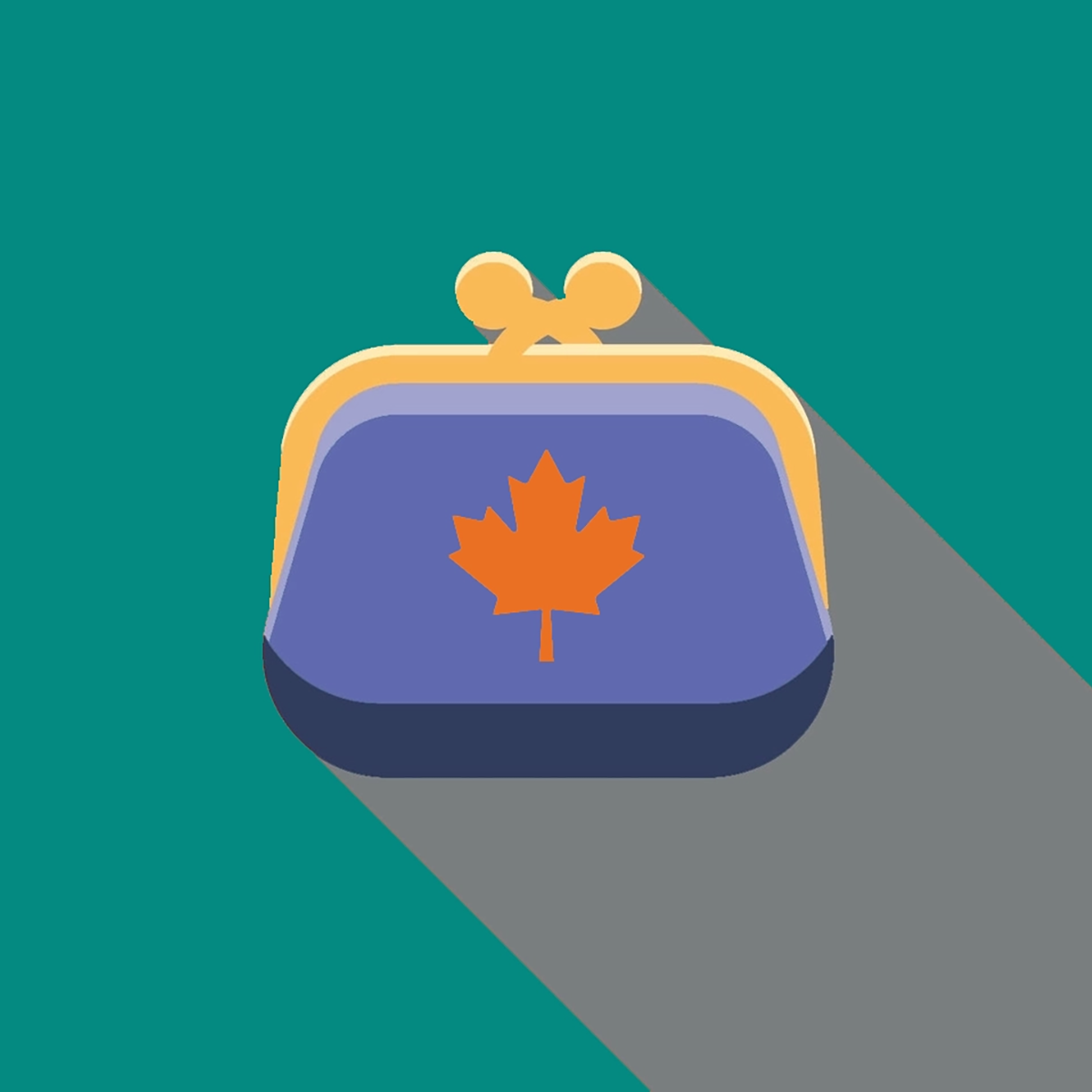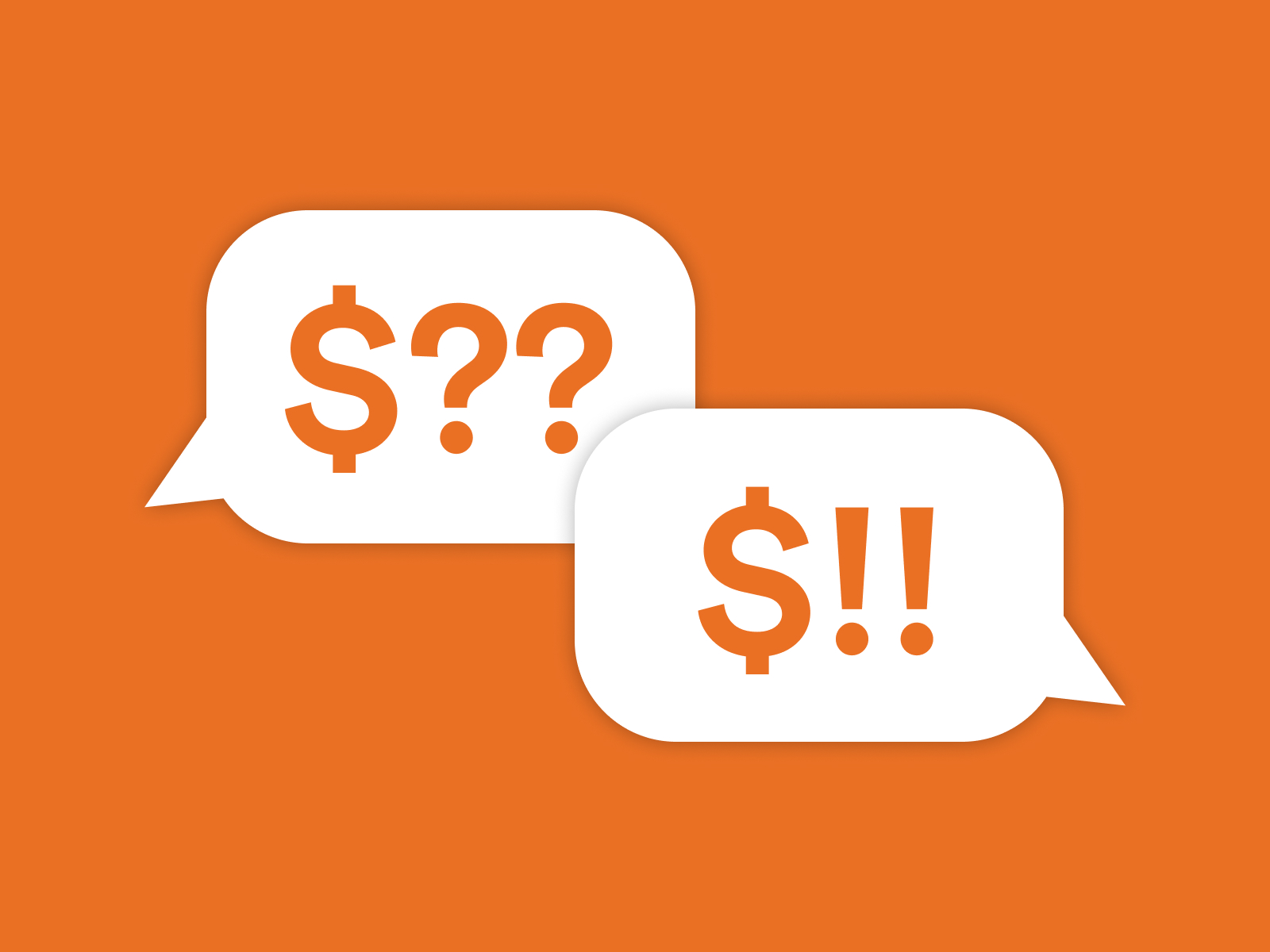What happens if you die without a will?
A poll conducted by Angus Reid Institute in 2018 found that just over half (51%) of Canadians didn't have a signed will. If you die without a valid will, or if your will can't be located, you're considered to have died "intestate."
What does dying intestate mean?
When you die, all assets and liabilities in your name, along with any assets that have “estate" as the beneficiary, are moved into your estate. When you die intestate, an estate administrator will be appointed to wind up your estate and make any distributions to your beneficiaries according to a formula laid down by the Provincial Government that varies from province to province.
Dying intestate means provincial statutes and regulations—not you—decide who gets what. It may also cause delays in distributing assets to beneficiaries, and may mean higher costs.
When you have a will, you appoint an executor of your choice and indicate how you want your estate to be distributed upon your death.
According to Sandra Foster, author of You Can't Take It With You: Common-Sense Estate Planning for Canadians (6th ed) "the rules in your province will determine who gets what and who is considered family. In some provinces, a common-law partner is considered a spouse for estate purposes after you've lived together for 2 or 3 years, or have a child together. In other provinces, common-law partners are not considered to be a spouse."
Some provinces, like Ontario, use the next of kin formula for distributions from the estate, while other provinces, like Alberta use the parentelic system. Wherever you live, the bottom line is that if you die without a will, your wishes for how your property, possessions and personal effects are given away won't be considered.
What are the consequences of dying without a will?
"People assume that their spouse will inherit everything if they die without a will," says Sandra. "But if you have a spouse and children, in some provinces, the spouse and the kids may end up splitting the inheritance depending on the size of your estate. Many people would prefer that their spouse or partner inherit everything when the children are young, and the formula doesn't work well for most blended families or unmarried couples in most provinces, although some provinces are updating the rules as to who is a spouse."
Furthermore, assets inherited by children under the age of majority might be held in trust by the public trustee, or an appointed trustee. And once a child turns 18 (or 19 depending on where you live), they can take the money and run. Is this too young for your kids to inherit money?
If you don't have a will, you can't plan your estate to minimize taxes. For example, taxes can be deferred on death when the assets pass to your spouse, but this doesn't happen when assets pass to your children or other family members.
Everyone needs a will
Contrary to popular misconception, wills are not just for people with lots of money.
"A will does more than just lay out who gets your money when you're gone," explains Sandra. "A well-thought-out estate plan also considers your overall goals and objectives, including charitable bequests, appoints executors who are willing and able to take on the responsibility of managing your estate, and names guardians for your minor children."
A will should be written to be good for the next 5 or more years, not just for today. It will need updating periodically when the legislation or your personal circumstances change, such as separation, divorce or remarriage. As with all things financial, it pays to do some planning.

